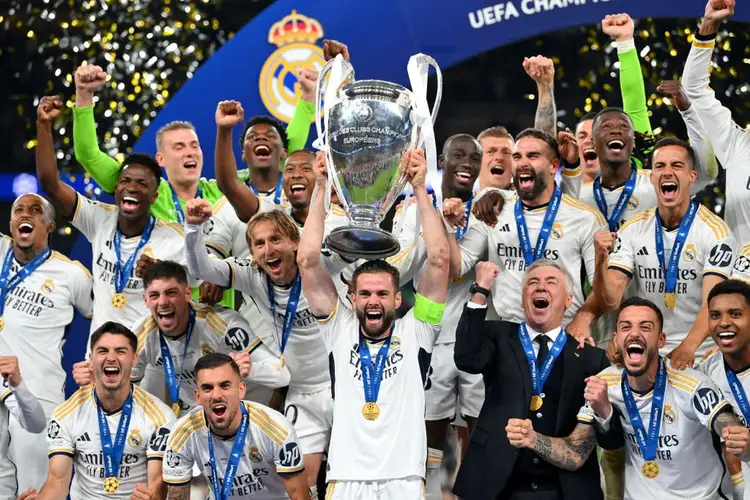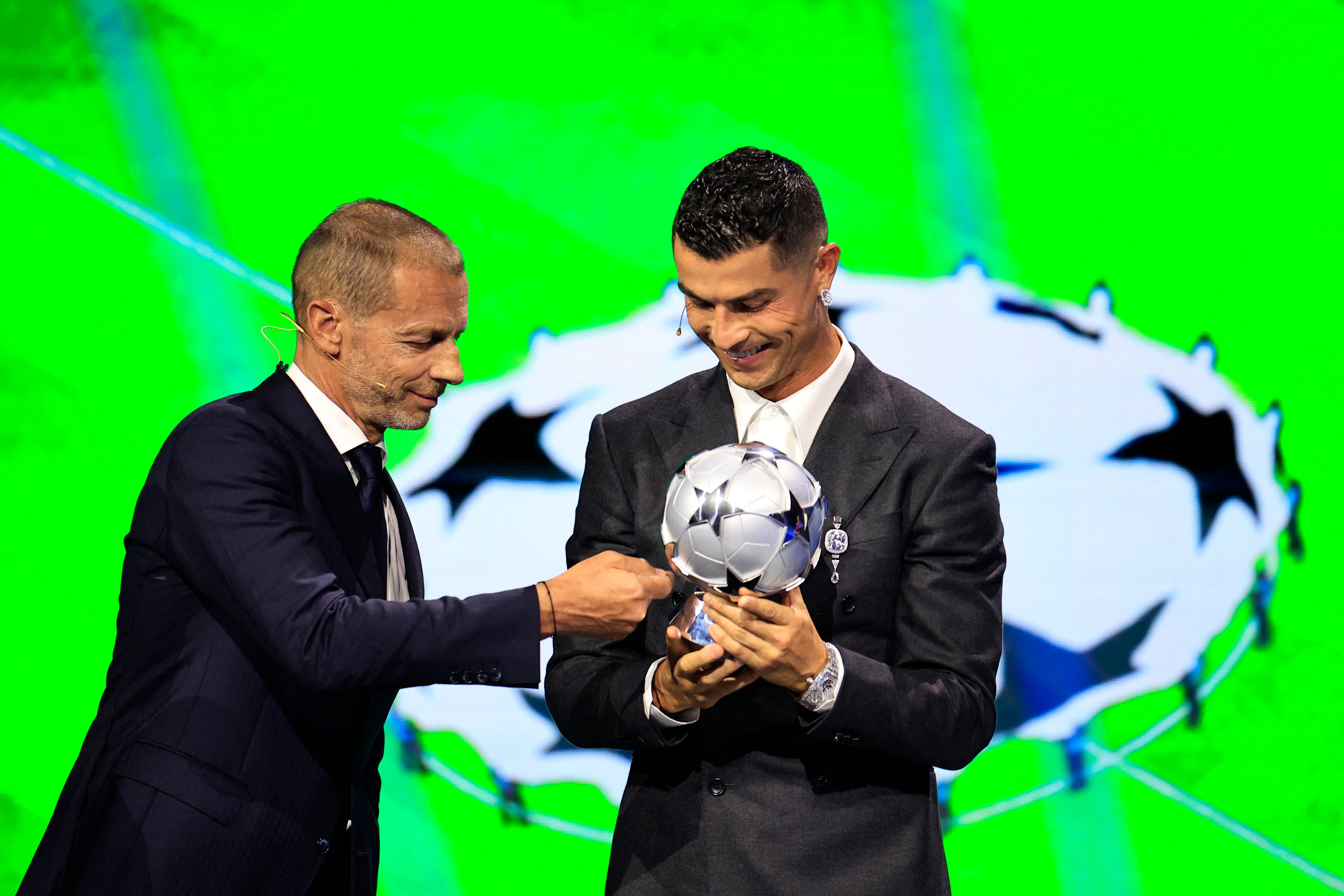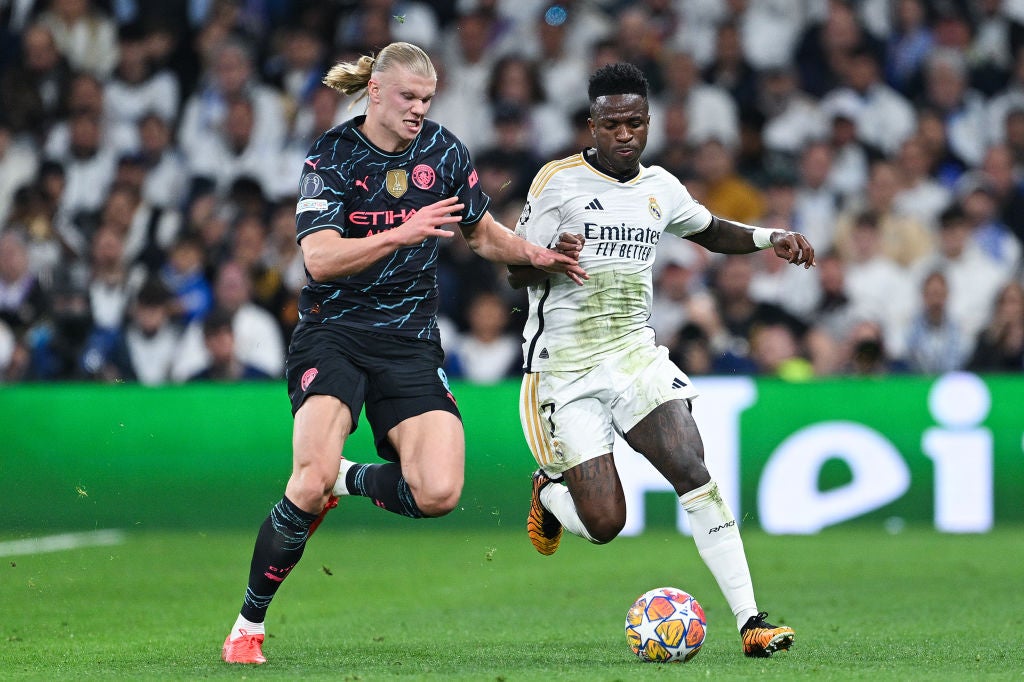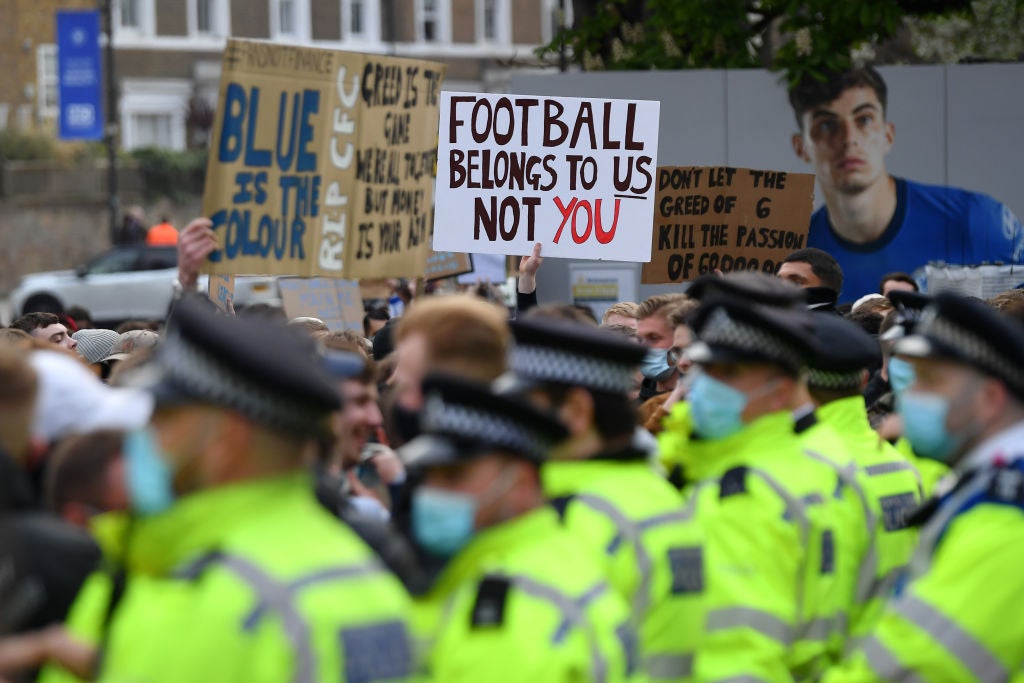The new Champions League sets up a high-stakes game in football’s ‘turning point’

Subscribe For Free To Miguel Delaney's Newsletter
Subscribe To Miguel Delaney's Free Weekly Newsletter
Join Miguel Delaney's Free Weekly Newsletter!
As Uefa president Aleksander Ceferin prepares to attend the initial matches of the new Champions League this week, he will be accompanied by a significant security team. This has sparked complaints among federation staff, particularly since hardly anyone outside of the football world recognizes him. In fact, there have likely only been two occasions when the Slovenian official has truly been in the spotlight.

One notable moment occurred in April 2021 when the Super League was announced. Ceferin passionately stood up for the essence of European football during a spirited media appearance, harshly criticizing the executives involved by calling them “snakes” and “liars.” What received less attention that day was that UEFA was simultaneously working on approving the alterations to the Champions League that will take effect this week.
This resulted in Ceferin taking the spotlight once again, as he was surprisingly featured prominently in Uefa's promotional video during the group-stage draw. It was clear who the main focus was intended to be, especially with jokes made at Zlatan Ibrahimovic’s expense. The numerous real football superstars featured in the video didn’t receive nearly the same level of attention.
It may sound contradictory to voice concerns about this while also discussing the same highly competitive situation in connection with a football official. However, there is much more at play than just determining the trophy winner in May.
The current Champions League format suggests that it’s not worth deep analysis until the round of 16, and ultimately, the title is likely to go to a team that generates more than €500 million in revenue. Most likely, it will be either Real Madrid or Manchester City. This level of predictability is part of what has brought us to this point.
The most profitable international club tournament in the world is currently at an interesting point in its evolution, which is surprising considering how popular it is worldwide. However, all indications suggest that enthusiasm for the early rounds has been declining, making them seem increasingly predictable. This decline is largely due to UEFA and the Champions League creating – and even encouraging – significant financial disparities between the elite clubs and the others. In response, the governing body has chosen to cater even more to these top clubs.
The concept of a 36-team initial round was developed by the organization's leaders in response to the Super League controversy, and they sought to push forward with their plans despite that challenge.

Although the split was prevented, the underlying motivations behind it remain unchanged. The clubs involved in the Super League are still pushing for increased funding and greater power. This is why we see an increase in matches among major teams, and the initial phase now extends into January. This leads to more events and a larger prize pool.
The interesting part is that Ceferin has closely tied himself to this concept, even though there are considerable political dangers—along with potential threats to the future of the sport. Just look at what Damien Comolli, who has extensive experience with two of the Super League clubs, Liverpool and Tottenham Hotspur, and is currently a leader in French football, has to say.
“Should the new format prove to be successful, it will spell the end for the Super League,” Comolli shared with The Independent last November. “If it fails, there will likely be efforts from some individuals to revive the Super League. In my view, this moment represents a pivotal change in the history of European football.”
Those are significant terms, but this approach has never been attempted before. The new "Swiss system" marks a significant shift from the traditional four-team group format that we are all familiar with. This change is challenging for many to wrap their minds around, particularly since the World Cup has shown that the classic format remains effective when there is a fair level of competition among teams.
Without the latter, UEFA has had to explore alternative options. It's important to note that new concepts are not necessarily negative. Some aspects of this shift are truly thrilling, particularly the increased diversity and accessibility. Teams like Celtic and Brugge now have a greater chance of making it to the knockout stages of the Champions League. Clubs like Aston Villa and Bologna introduce a fresh dynamic. However, the success of any new initiative relies on its practical implementation, which still has its share of common issues.
As has been noted previously, the top clubs aren't facing enough danger in the group stages. There's been a lot of discussion about how many recent Champions League finals are being repeated this stage, like Milan vs. Liverpool, Manchester City vs. Inter Milan, Liverpool vs. Real Madrid, and Real Madrid vs. Borussia Dortmund. This highlights the issue: these early matchups feel very different from the intensity of a final, mainly because the stakes are quite low for big teams. This is largely due to the fact that it's almost impossible for wealthy clubs to finish lower than the top 24 positions.

Although only the top eight teams skip the play-off round and move straight into the final 16, the prospect of playing two additional matches doesn’t hold the same weight as the fear of being eliminated.
This is where the Champions League and contemporary football encounter a repeating problem, leading us to witness the same matchups over and over.
The top clubs and Real Madrid's president, Florentino Perez, are eager to pursue this since they believe it aligns with what supporters desire.
However, after three decades of attempts to reshape the game amidst numerous threats to the Super League, this effort has only led to a situation where, as Perez pointed out, the Champions League doesn’t capture viewers' attention until the quarter-finals. The leaders in football have misidentified the core issue and proposed ineffective solutions. Instead of meaningful change, Uefa is merely offering more of what we've already seen.
This kind of cautious approach to business misses a crucial aspect of sports: the authentic elements of risk and danger. These feelings become even more intense when the games truly matter.
One of the reasons the European Cup and Champions League gained such immense popularity is that they created a thrilling atmosphere of increasing tension and importance. You can't simply create that kind of excitement.
Different parties will keep attempting to influence things. That’s why it's essential for UEFA and Ceferin to make this successful. If it turns out to be just like what we've seen before, there will be unrest once more.
This is the point where many aspects of contemporary football intersect, and it's partly the reason Ceferin is prominently involved. Just two weeks after this season’s Champions League final in Munich, FIFA has plans to kick off their enlarged Club World Cup. It seems almost absurd to think that the new European champions might play international matches before heading to this new tournament in the US. The Club World Cup is largely seen as a personal initiative for FIFA president Gianni Infantino, which probably sheds light on why Ceferin is so visible in the Champions League, especially considering their ongoing rivalry.
Certain clubs are looking at it from a different perspective. If the Club World Cup expands—especially with the anticipated financial support from Saudi Arabia that will make prize money attractive—some teams might see it as a sort of international Super League that they can influence even more. Real Madrid, for instance, tends to support Fifa in this regard.
The political situation is particularly intriguing, especially considering the possibility that City could be banned from the Premier League. Adding to the drama is the European Court of Justice's ruling in December, which raised serious doubts about the way Uefa and Fifa are managed. This ruling is set to be examined in court, potentially affecting various new competitions.
UEFA would highlight that the Champions League is specifically designed to occur during the regular season and serves as the tournament that determines the champion of Europe.
It’s clear that the beginning of this season entails more than just determining who will take home the trophy in Munich.









































